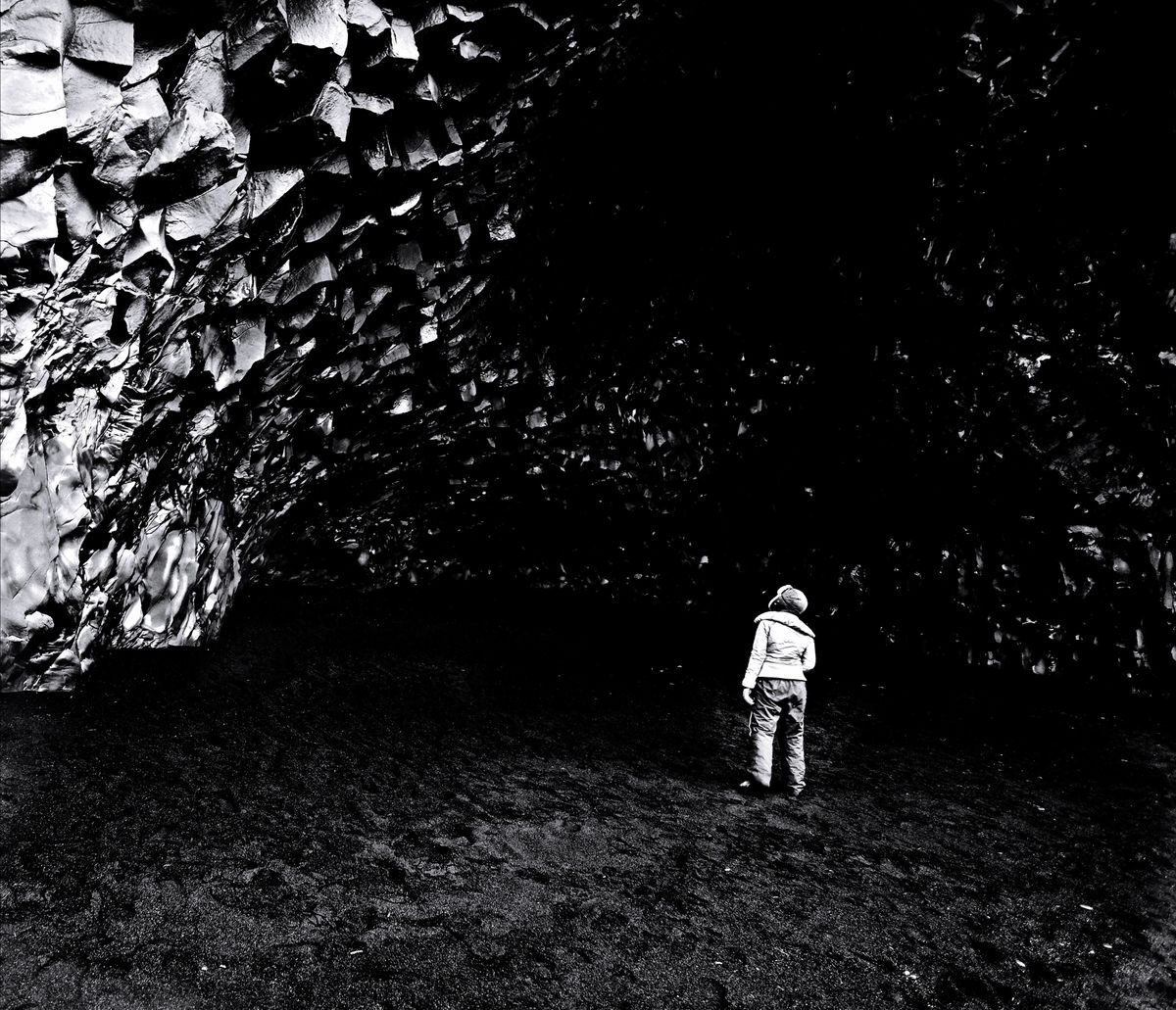The underground world of caves has long been a source of fascination and mystery for humans. Today, we are delving deep where things are getting really interesting.
Werner Herzog is an interesting guy. In his 1982 film "Fitzcarraldo," he famously had a 340-ton steamship hauled over a mountain in the Amazon rainforest, a feat that required the work of hundreds of locals and nearly killed the film's star, Klaus Kinski.
Herzog is also known for his eccentric personality and offbeat sense of humor. He has been known to eat his shoe on camera, after losing a bet with filmmaker Errol Morris, and he once pulled Joaquin Phoenix out of a car accident on his way to an interview. He also famously walked from Munich to Paris in 1974 to visit his dying mentor, film historian Lotte Eisner.
I do highly recommend to watch Herzog's Masterclass. There are many valuable insights and lessons to be learned from his teachings. Some of the major learnings from Herzog's Masterclass include:
- The importance of storytelling: According to Herzog, storytelling is the foundation of all great films. He emphasizes the need to have a strong narrative structure, well-defined characters, and a clear theme or message.
- The value of preparation: Herzog stresses the importance of preparation in all aspects of filmmaking, from pre-production to post-production. He encourages filmmakers to do their research, create detailed shot lists and storyboards, and be prepared to adapt to unexpected challenges on set. Sharpen the axe before cutting wood.
- The power of observation: Herzog is a keen observer of the world around him, and he encourages filmmakers to develop a similar sense of curiosity and wonder. He stresses the importance of observing people, places, and events in order to find the unique and unexpected stories that will make a film stand out. This reminds me to read Peregrine by J.A. Baker.
- The role of the director: Herzog believes that the director's primary role is to create a sense of vision and purpose for the film. He encourages directors to be decisive, confident, and willing to take risks in order to achieve their creative goals. Probably true for any aspect of leadership.
- The importance of authenticity: Herzog believes that authenticity is essential in filmmaking, both in terms of the story being told and the approach to filmmaking itself. He encourages filmmakers to be true to themselves and their own creative vision, rather than trying to conform to the expectations of others.
In "Cave of Forgotten Dreams," Werner takes us on a mesmerizing journey through the Chauvet-Pont-d'Arc Cave in southern France, where the oldest known cave paintings in the world are preserved. With his characteristic sense of wonder and curiosity, Herzog explores the cave and its breathtaking artwork, examining the meaning and significance of the paintings and the people who created them.
Throughout the film, Herzog's fascination with the cave paintings is infectious, and his insights into the human condition are both profound and thought-provoking. He shows us how these ancient artists used the contours of the cave walls to create a stunning visual language, capturing the movement and energy of the animals they depicted in ways that are still astonishing today.
Throughout human history, visual language has been utilized to communicate complex ideas that are difficult to convey through spoken language.
Cave of Forgotten Dreams highlights the power of art to transcend time and connect us with our ancestors. It emphasizes the importance of preserving cultural heritage and the limitations of scientific knowledge in fully capturing the human experience. The film celebrates the continuity of the human experience and the power of human creativity to express the deepest aspects of our existence.
Whenever possible, visiting caves is recommended as it allows one to discover new and unique things that are not visible on the surface.
And going deep bellow the surface is when things start to get really interesting.




Comments ()